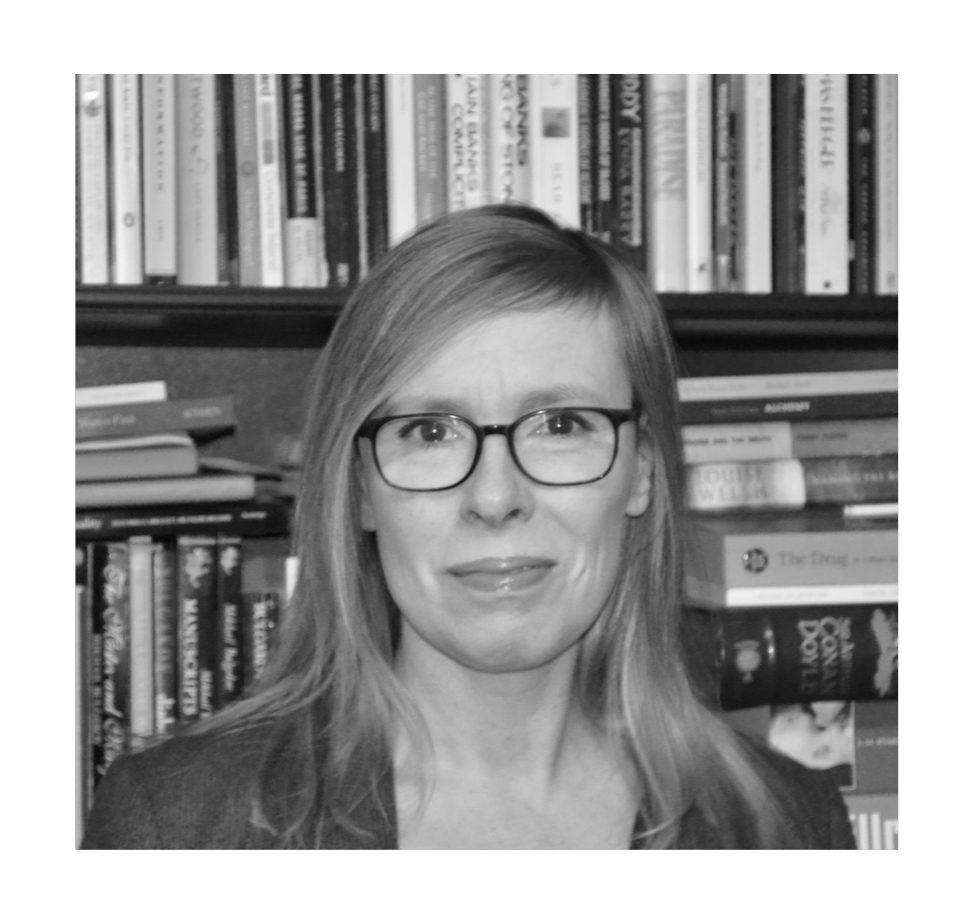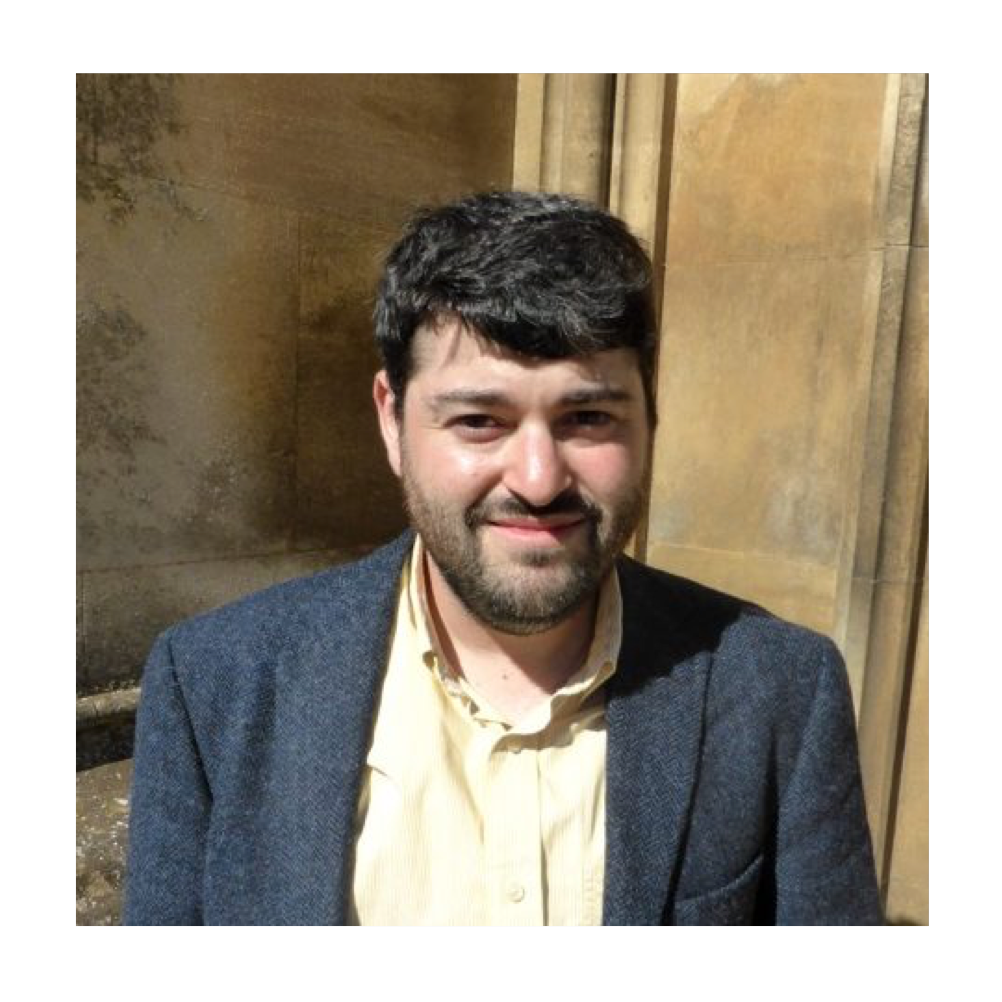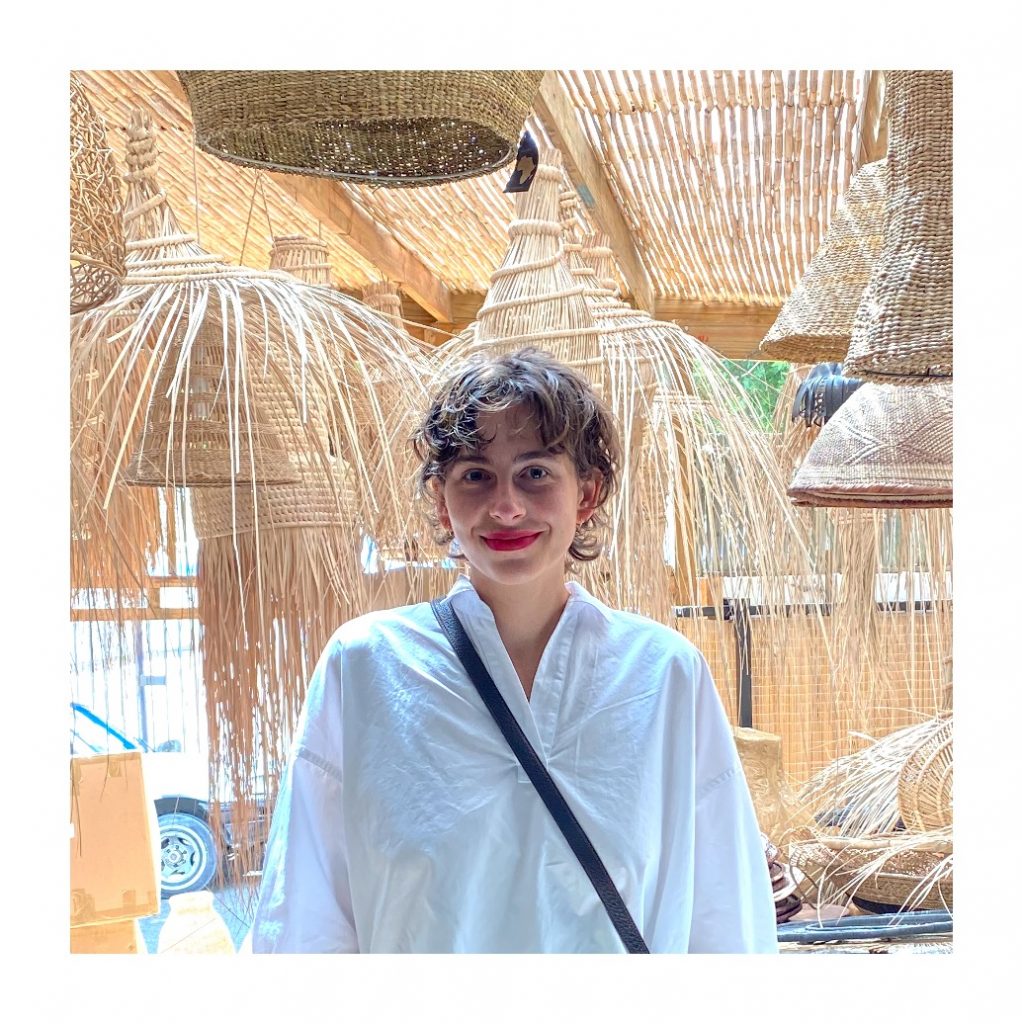
Professor Christine Ferguson, Principal Investigator
Christine Ferguson is a Professor in English Studies at the University of Stirling, where her research focuses on the entwined histories of the literary gothic and the British occult revival in the late nineteenth and early twentieth century. She is the author of Determined Spirits: Eugenics, Heredity, and Racial Regeneration in Anglo-American Spiritualist Writing 1848-1930 (Edinburgh University Press, 2012) and Language, Science, and Popular Fiction in the Victorian Fin de Siècle (Ashgate 2006); with Andrew Radford, she co-edited The Occult Imagination in Britain, 1875-1947 (Routledge 2018) and led the AHRC research network Popular Occulture in Britain. She is currently preparing the first ever scholarly edition of Arthur Conan Doyle’s spiritualist novel The Land of Mist and associated spiritualist writings, which will contextualize the popular author’s involvement in the Cottingley Fairies case within the new religious techno-cultures of the early twentieth century. With Dr Manon Hedenborg White, she leads the ESSWE Network for the study of Esotericism, Gender, and Sexuality.

Dr Efram Sera-Shriar, Co-Investigator
Efram Sera-Shriar is an Associate Professor in the History and Culture of the English-Speaking World at the University of Copenhagen, and Associate Director of Research for the Centre for Nineteenth-Century Studies International at Durham University. His research focuses on five main areas: context of Victorian science; global histories of race; historical anthropology and Indigenous studies; cultures of science and religion – especially occultism, witchcraft and esotericism; and material studies of cultures. His books include The Making of British Anthropology, 1813-1871 (2013), and Historicizing Humans: Deep Time, Evolution, and Race in Nineteenth-Century British Sciences (2018). Since 2006 he has also been a senior editor for The Correspondences of John Tyndall. His current book project Psychic Investigators: Anthropology, Modern Spiritualism, and Credible Witnessing in the Late Victorian Age, which is under contract with University of Pittsburgh Press, provides an important new historical narrative on British anthropology’s engagement with psychical research during the closing decades of the nineteenth century. He is also the Principal Investigator of the Science of Ghosts Project, funded by the Leeds Centre for Victorian Studies, and co-editing with Christine Ferguson the forthcoming special issue Science and Spiritualism in Historical Perspective, 1848-1914 which will be published in the peer-reviewed journal Aries.

Dr Emma Merkling, Postdoctoral Research Fellow
Emma Merkling’s research focuses on the interwoven relationships between art and material culture, science, and heterodox occult beliefs in late-nineteenth- and early-twentieth-century Britain. Her current research looks at stereoscopic photography in relation to transatlantic spiritualist cultures and the testing and validation of extraordinary séance phenomena. Her doctoral thesis explored the entangled cultures of physics, psychical research, psychology, mathematics, and spiritualism in Evelyn De Morgan’s art; an article on some of this material is forthcoming with Art History. She is an Associate Lecturer at the Courtauld Institute of Art and has previously held curatorial, research, and fellowship positions at the Frick Collection and Yale University in the US. Recent publications include ‘“Symbols Bewitched”: Evelyn De Morgan’s Symbolic Logic’, in Evelyn & William De Morgan: A Marriage of Arts & Crafts, ed. by Margaretta Frederick (New Haven: Yale University Press, 2022), and ‘The Sensate Body: Consciousness in Albert Moore’s Art’, in immediations 4.3 (2018). Her current book project, co-edited with Dr Thomas Hughes and forthcoming with Routledge, offers an expanded understanding of the ‘idyll’ in Victorian culture, centring ecological and queer frameworks in its excavation of this formal mode and its darker elements.